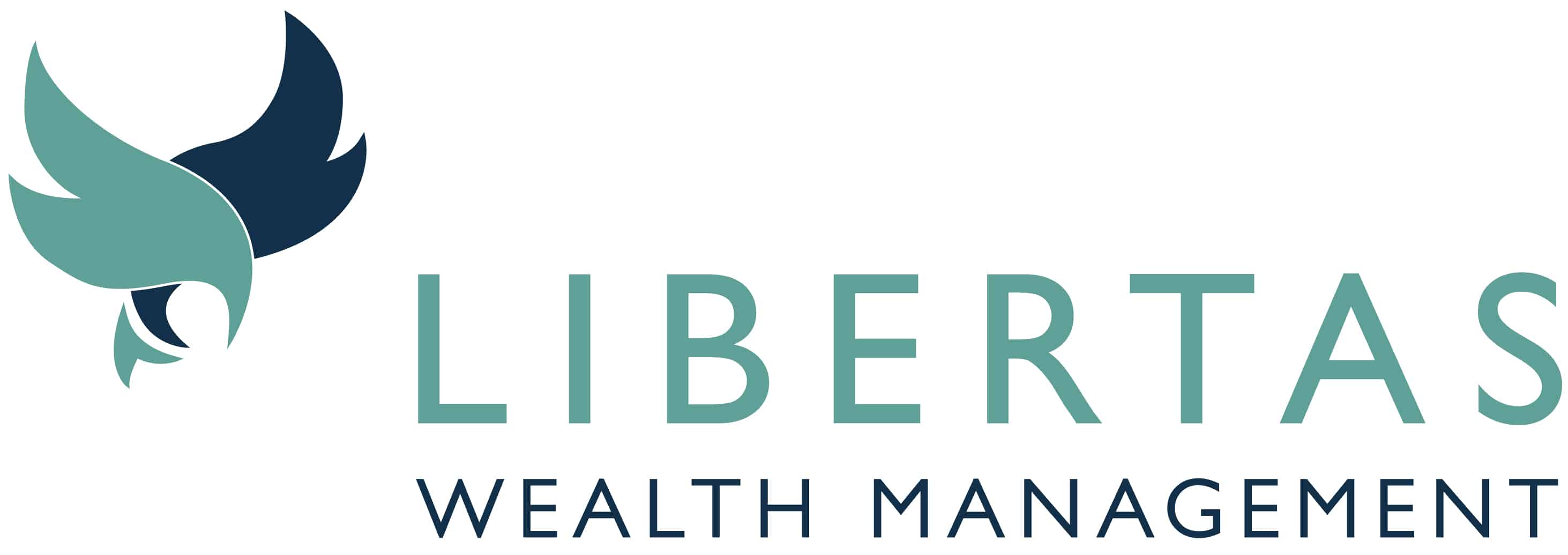Inflation-busting increase to weekly payments on the horizon
In October this year, those receiving the State Pension are likely to find out that their weekly payments will increase by 4% from April 2020, subject to any last minute adjustments.
This means the full new State Pension will see an increase from £168.60 weekly to £175.35 weekly, and the full old basic State Pension will see a rise from £129.20 weekly to £134.35 weekly.
‘Triple lock’
Under current rules, the State Pension is increased by the ‘triple lock’ which is the highest of earnings growth, price inflation or 2.5% a year. The price inflation figure used is for the year to September, which is announced in mid-October, following a fall in the August figure to 1.7%, down from 2.1% the previous month[1].
But the earnings growth figure used is that to July (seasonally adjusted and including bonuses), which was 4%[2]. This means pensioners are on track to receive a 4% increase – far above the rate of increases we’re currently seeing with prices.
Purchasing power
The triple lock was announced back in 2010 as a way of making sure pensioners didn’t fall behind the working age population in terms of their State Pension purchasing power. It was first used to increase the State Pension in April 2011 and, since then, state pensioners have done well from the triple lock, with overall increases outstripping both price inflation and earnings growth.
Significant cost
A single person receiving the old basic State Pension, which was £97.65 back in April 2010, is now receiving £129.20 – an increase of 32% – while prices have increased by 24% and average earnings by only 20%.
This will be welcome news for current state pensioners. However, these above-inflation increases do come at a significant cost. The State Pension is not funded in advance, so pensions are funded on a ‘pay as you go’ basis from today’s workers’ National Insurance contributions. At the time of writing, with the prospect of an early General Election, it will be interesting to see where each party stands on commitments to retaining the triple lock for the next five years.
Source data:
[1] CPI Annual Rate: https://www.ons.gov.uk/economy/inflationandpriceindices/timeseries/d7g7/mm23
[2] LMSB SA AWE total pay WE growth yr on yr 3 months average:
https://www.ons.gov.uk/employmentandlabourmarket/peopleinwork/earningsandworkinghours/timeseries/kac3/lms
Figures from the Office for Budget Responsibility show that without the triple lock, or under just earnings indexation, spending is projected to increase by £21 billion between 2020/21 and 2060/61. Under the triple lock, the increase is projected to be £35 billion in today’s terms for the same period. These figures assume the Government raises the State Pension age for men and women to 68 by 2041 and 69 by 2055.
Disclaimer: The information provided in our website blogs is accurate and up-to-date at the time of writing. However, please be aware that legislative changes and updates may occur after the publication date, which could potentially impact the accuracy of the information provided. We encourage readers to verify the current status of laws, regulations, and guidelines relevant to their specific circumstances. We do not assume any responsibility for inaccuracies or omissions that may arise due to changes in legislation or other factors beyond our control.
If you would like any clarification, or have any questions, please get in touch.





